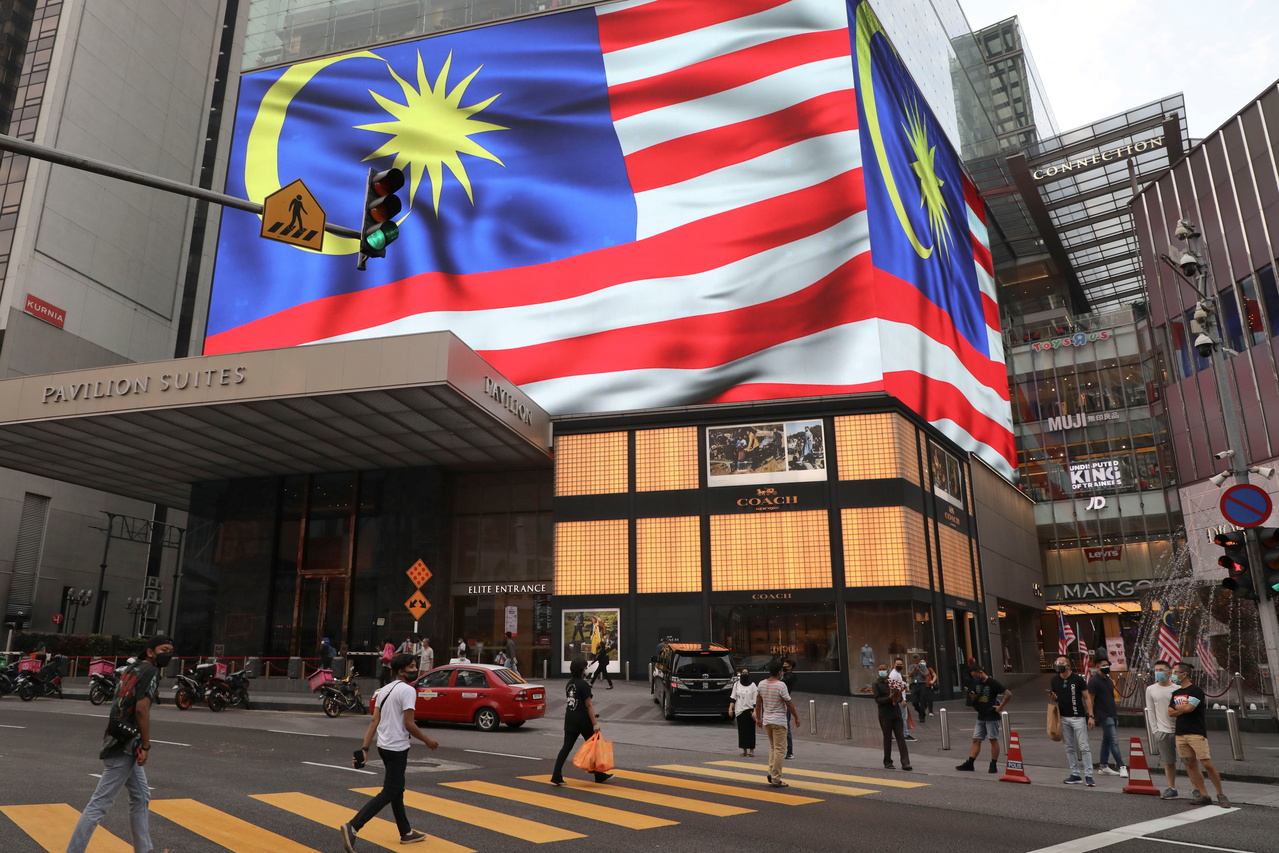More people in Malaysia self-test for Covid-19 before attending gatherings
Sign up now: Get insights on the biggest stories in Malaysia

On Wednesday (Nov 10), Malaysia reported 6,243 daily Covid-19 cases.
PHOTO: REUTERS
KUALA LUMPUR - Before joining a gathering, engineer Shahid Ahmad would make it a point to take a Covid-19 antigen rapid self-test at home to make sure he is virus-free.
"It has also become my family's habit to do this before hosting a family gathering. In fact, if some fail to share their test results, they won't be allowed to join because both our parents are with comorbidities, so it's important to us," the 25-year-old told The Straits Times. Comorbidities refer to two or more diseases or medical conditions in a patient.
Like Mr Shahid, Madam Catrina Lim Pei Yee also shares the view that regular self-testing for Covid-19 is important.
"I'm a housewife and I had spent a year plus being cooped up in my house, so you can imagine how happy I am now that we're allowed to gather. But the fear is there, which is why my friends and I would make sure to test ourselves first before hanging out," the 37-year-old mother told ST.
"It's a great social responsibility exercise because once, one of our friends tested positive before we were supposed to meet and she showed no symptoms. I can't imagine if we had just met up without checking. This is why I feel it's very important to test ourselves as often as we can, especially if we can afford it," she said.
Mr Shahid and Madam Lim are among a growing group of Malaysians who are self-testing before attending get-togethers, as the country prepares its people for an "endemic" phase, where Malaysians live with the virus and exercise self-responsibility.
In a bid to encourage regular self-testing, the government has gradually reduced the prices of test kits to make them more affordable for the public.
The test kits are now available for as low as RM6.90 (S$2.24) a unit and are sold at supermarkets, convenience stores and petrol stations across Malaysia.
As at Oct 28, a total of 2,570 business premises had been approved to sell the self-test kits.
Previously, the kits were sold at selected clinics and pharmacies with a ceiling price of RM39.90. The government later fixed the maximum retail price at RM19.90 per unit and the wholesale price at RM16 a unit effective Sept 5.
The retail price was further reduced to RM6.90 from Nov 1 as an incentive for the public to make their own checks.
In Singapore, the prices of the self-test kits range between $8 and $13 each, with a lower price per kit for larger packs.
Mr Shahid said: "I couldn't afford to test myself as often as I wanted to before as a kit was quite expensive. But since it's more affordable now, there's no reason why I shouldn't. I even buy them in bulk now."
He added: "It's my responsibility as a son, a brother, and a Malaysian. The last thing I want is to unknowingly be a carrier or spreader."
This trend of self-testing regularly is also driven by the emergence of the Delta Plus variant, which is reportedly 10 per cent to 15 per cent more transmissible than the Delta variant.
Malaysia on Nov 6 announced that it had detected its first two cases of the Covid-19 Delta Plus variant.
On Wednesday (Nov 10), the country reported 6,243 daily Covid-19 cases.
Pharmacist Low Aik Meng said there has been a steady upward trend of customers purchasing test kits in bulk since the new retail price was announced on Nov 1.
"When the home test kits were first introduced in July, the response was good but not many would buy so many because it was quite expensive. But since the announcement, a customer would grab five or 10 at one go," Mr Low, who operates a pharmacy in Subang Jaya, told ST.
"We can easily sell hundreds a day. Our sales for the kits have gone up by 100 per cent to 150 per cent. We're also seeing a lot of good Samaritans and volunteers buying a lot to share with the needy," he added.


